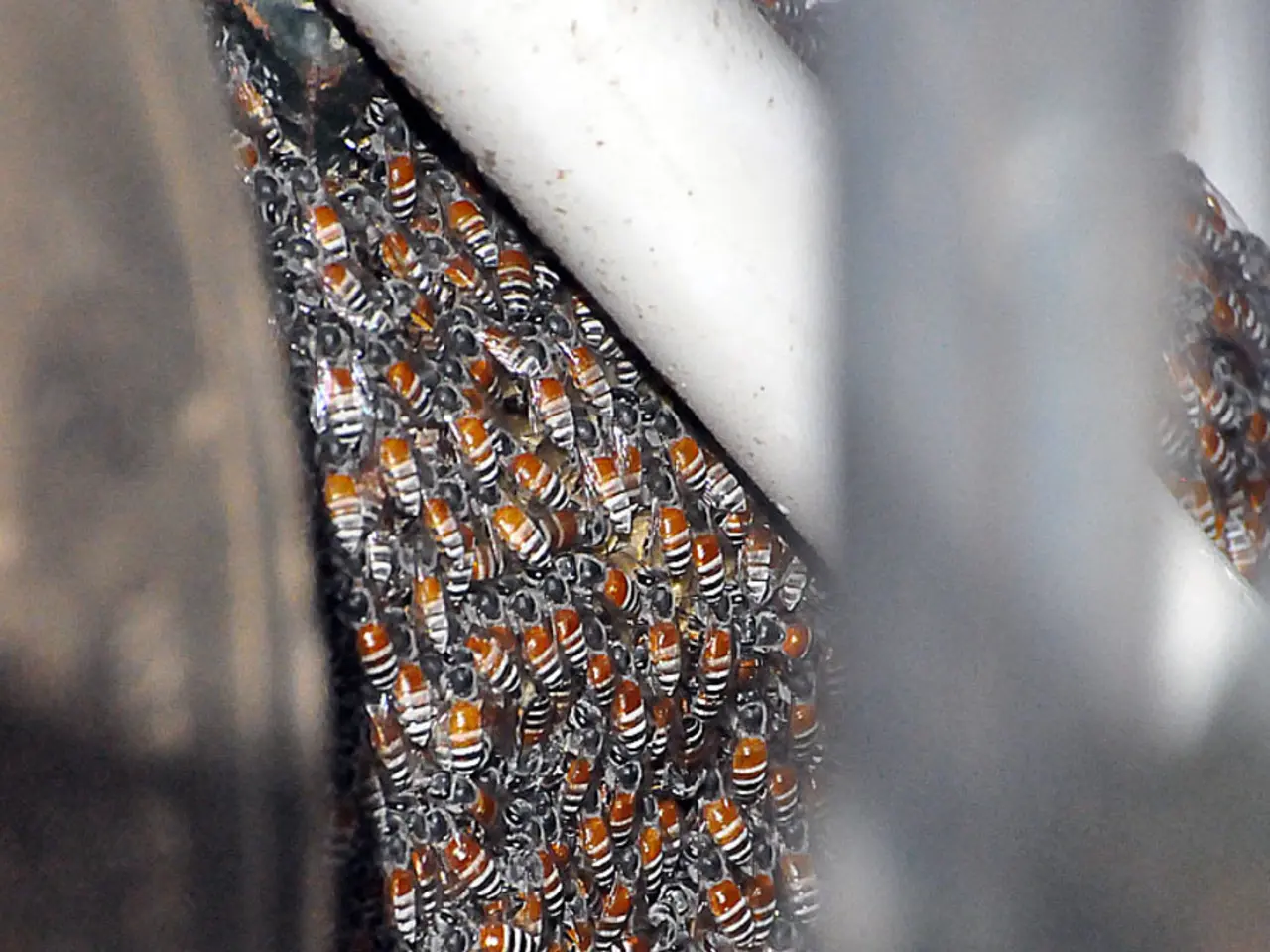Bee Venom's Potential in Treating Vascular Disorders and Cancer
Bee venom, or apitoxin, is a defensive poison secreted by worker bees of Apis mellifera. While it can be toxic to blood vessels due to oxidative stress, recent studies suggest it may have potential therapeutic uses in certain vascular disorders and cancer. However, it's important to note that it can also cause allergic reactions and harm blood vessel cells even in small doses.
The Autonomous University of Barcelona (UAB) conducted a study that revealed bee venom alters blood vessel functioning. The study found that apitoxin, the main component of bee venom, affects cellular viability and endothelial relaxation capacity, decreasing blood vessel dilation. This suggests potential therapeutic applications for bee venom in diseases with improperly functioning veins and arteries.
Bees use apitoxin as a last resort to defend against predators, looters, or threats. They inject it using their barbed sting, which unfortunately causes their own death. Despite its defensive role, apitoxin has potential medicinal applications that are being explored in the field of traditional medicine. Some of these potential uses include anti-inflammatory effects for treating conditions like arthritis, pain management, immunmodulation for autoimmunue diseases or allergies, and even antitumor effects due to its main component, melittin.
In conclusion, bee venom, though toxic to blood vessels in high doses, shows promise in potential therapeutic applications for certain vascular disorders and cancer. However, further research is needed to confirm its safety and efficacy. Moreover, it's crucial to consider the risk of allergic reactions when exploring its medicinal uses.







